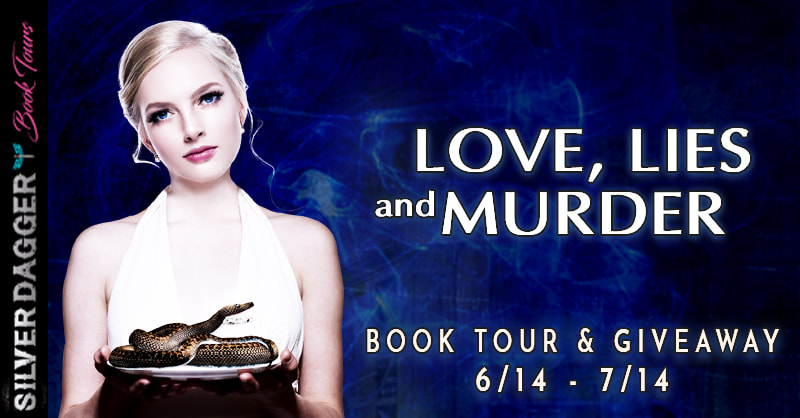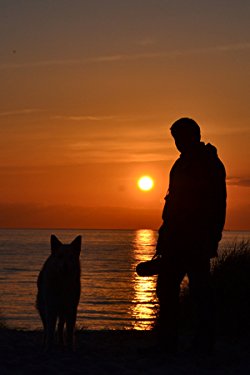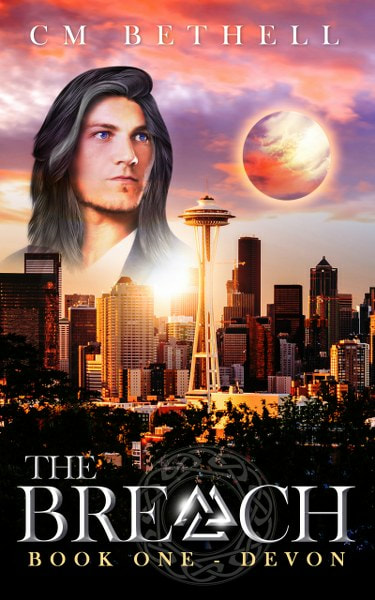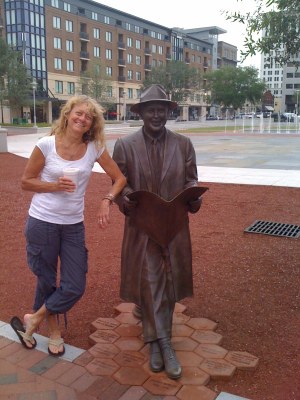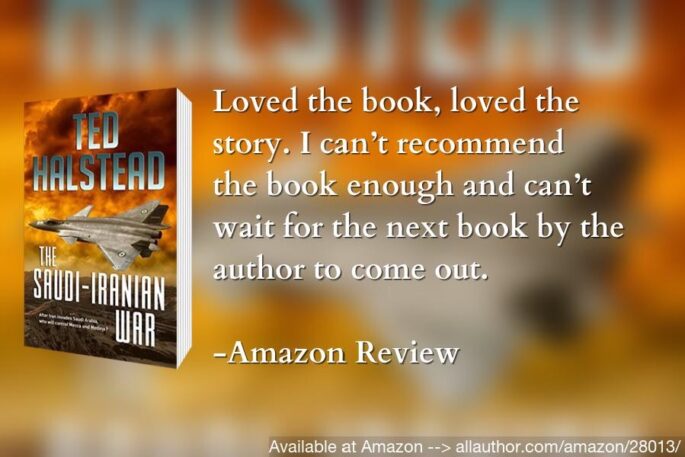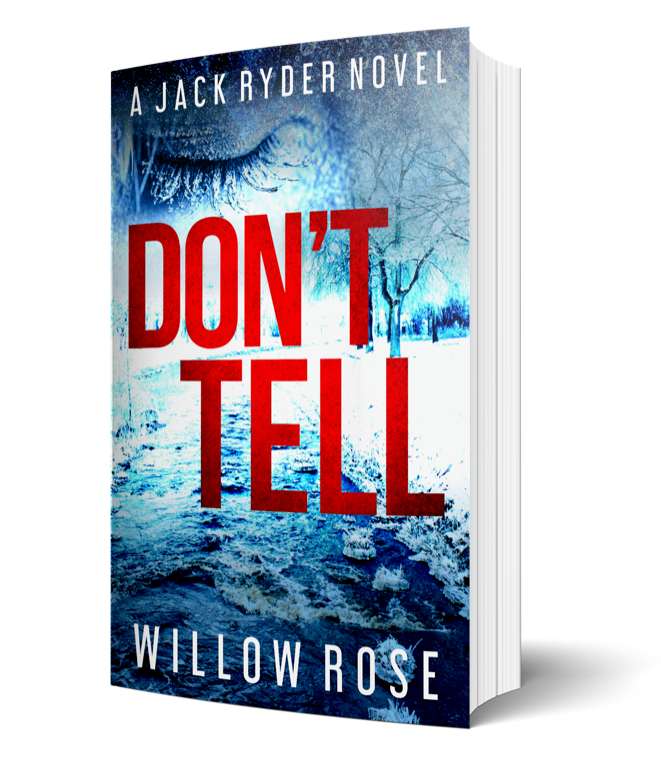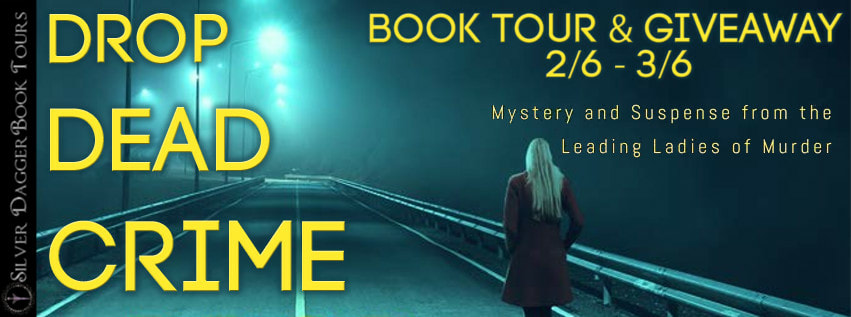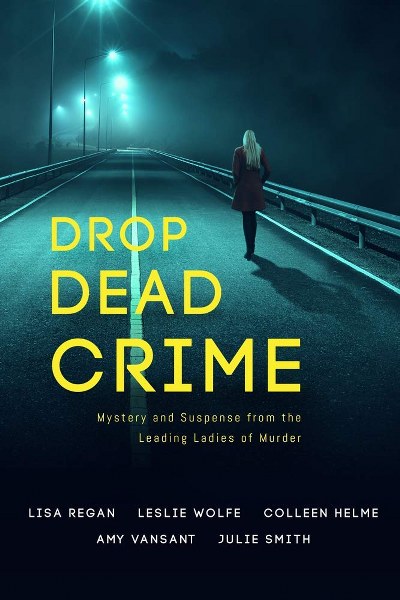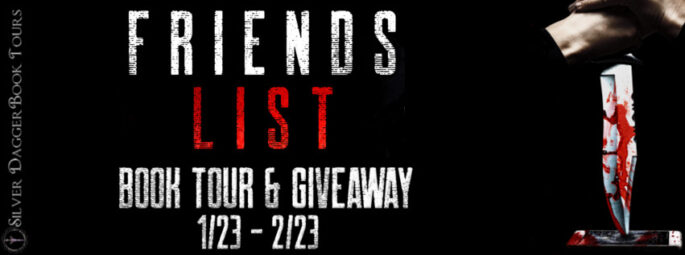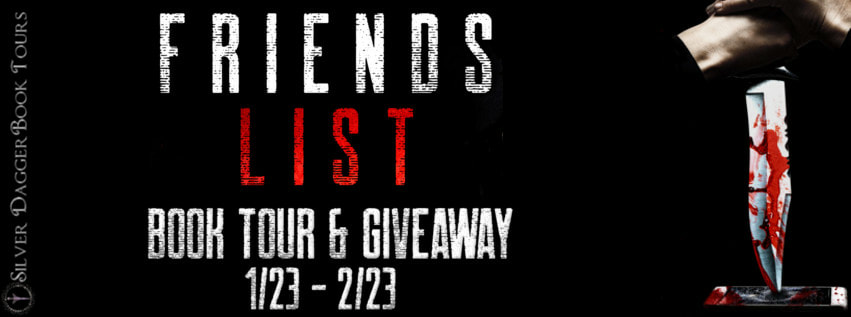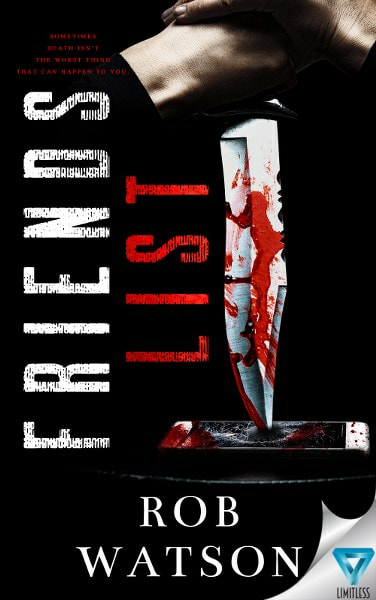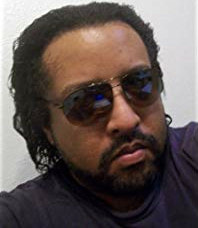Tag: suspense
The Breach: Devon
Ted Halstead
Ted came to me through social media. His books sound complicated but interesting.
Author Bio
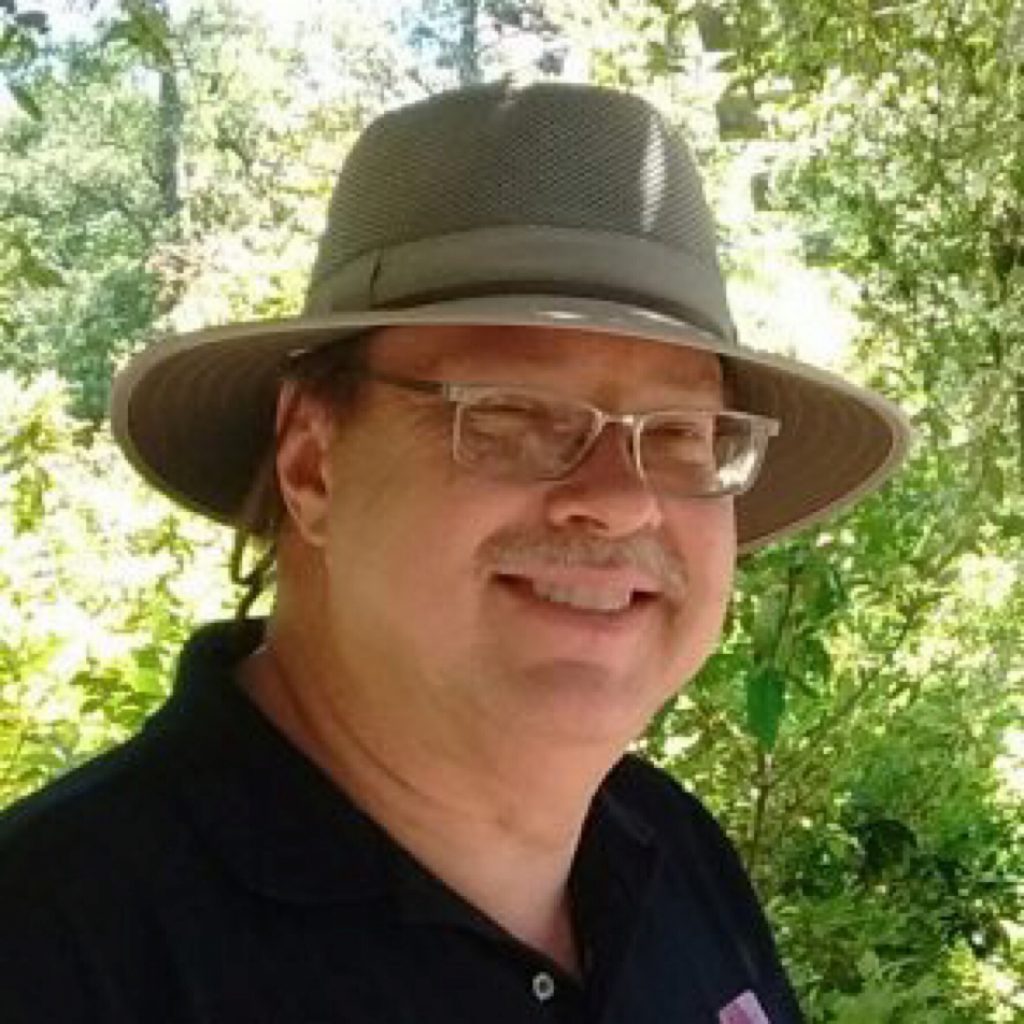
Ted Halstead served twenty-five years in the State Department as a Foreign Service Officer, most of it overseas, and was promoted to the Senior Foreign Service after his second tour at US Embassy Riyadh. His tours included four years at US Embassy Seoul, and two years at the East Asia Pacific Bureau in DC. He is a National War College graduate, and served for three years at a regional US military headquarters.
Tell us about yourself.
That’s a long story! I’ll just give some background relevant to my latest book, The Saudi-Iranian War.
My first assignment in the Foreign Service was to Embassy Riyadh, where I worked in administration. Since we were moving to a new Embassy building and switching out most of our leased housing during my tour, it was even busier than usual. That tour was in the 1980s, before the first Gulf War.
When I came back to Embassy Riyadh twenty years later, I was the Country Coordinator for Consular Affairs for Saudi Arabia. That meant I supervised provision of all American Citizen Services, as well as all visa services for foreign visitors and immigrants seeking to travel to the United States, at Embassy Riyadh and our Consulates General in Jeddah and Dhahran.
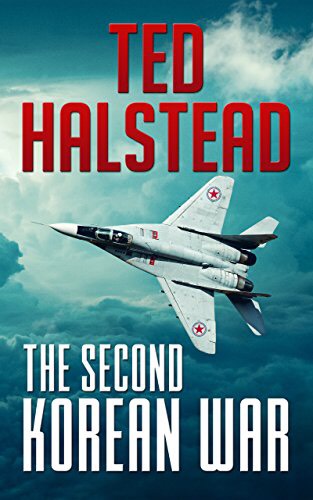
The chain of events that led to my return to Embassy Riyadh started on 9/11. On that day I was at the National War College at Fort McNair, where we had begun our studies less than a month earlier. We could all hear the plane hit the Pentagon just across the Potomac River from Fort McNair.
Everyone has their story of how 9/11 affected them. We were unique, though, in being the only Americans in a one year masters degree program in National Security Studies. In essence we were being paid to think, above all, about how we could prevent 9/11 from happening again.
Note that all the 9/11 hijackers obtained visas to travel to the US. Most of them were Saudi nationals.
We made many changes to our visa process after 9/11, including more detailed interviews and questionnaires. The key change, though, was collecting fingerprints from most applicants and high quality digital photos from all applicants. We used that data to check fingerprint records held by both DHS and the FBI, and ran facial recognition (FR) checks against our photo database as well as photos supplied by other US government agencies.
This helped us achieve two goals. The first was to find out whether we or any other US government agency had adverse information on a visa applicant. The second was to freeze the first identity presented to us by a visa applicant. If they subsequently changed their name and/or date of birth in an effort to avoid linking them with an earlier refused application, we could now detect that effort.
We began deployment of FR and fingerprint capture at over 200 overseas posts in September 2003, and finished in October 2004. I was the deployment manager.
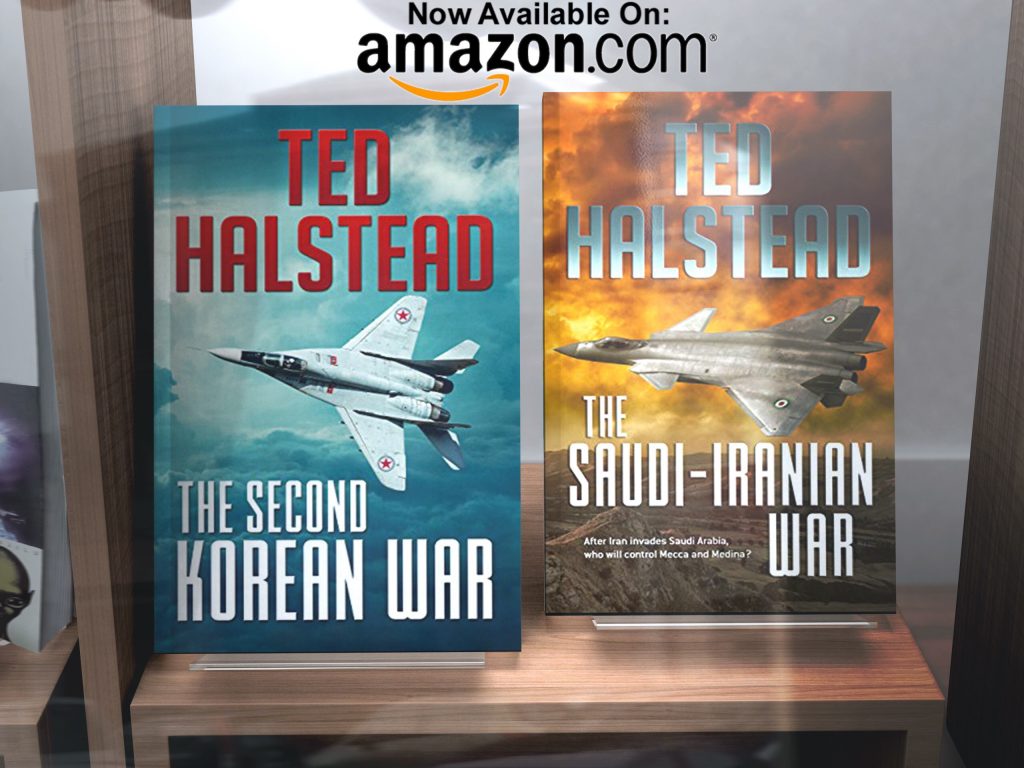
We knew that the fingerprint scanners we were using, designed to capture two index prints, needed to be replaced. The reason was that two prints, given the millions of prints we were collecting, would eventually produce false positives. To avoid this both we and DHS needed to start collecting all ten prints.
The problem was that the best digital fingerprint scanner available was too expensive, too big, too heavy, and required an external power supply. So, we went to the National Institute of Standards and Technology (NIST) to ask interested companies to make a new scanner that would address these problems. Here’s a link to my presentation:
https://www.nist.gov/sites/default/files/documents/2016/12/21/10pws04-dos_ted_halstead.pdf
Three companies produced new devices. One of my primary reasons for going to Embassy Riyadh for a second tour was to oversee our pilot test of these new fingerprint scanners, and do so for longer than just a few days. It was no coincidence that this pilot test was in the country home to most of the 9/11 hijackers. The effort paid off – the scanner we selected is still in use today at all Embassies overseas as well as at DHS screening at all US international airports.
So, over a more than twenty year period I’ve lived and worked for years in Saudi Arabia. I naturally drew on that experience in writing this book. One Amazon reviewer liked the book and found the experiences I recounted interesting, but noted they are “not PC.” Perhaps so. However, they are true, and written exactly as I experienced them.
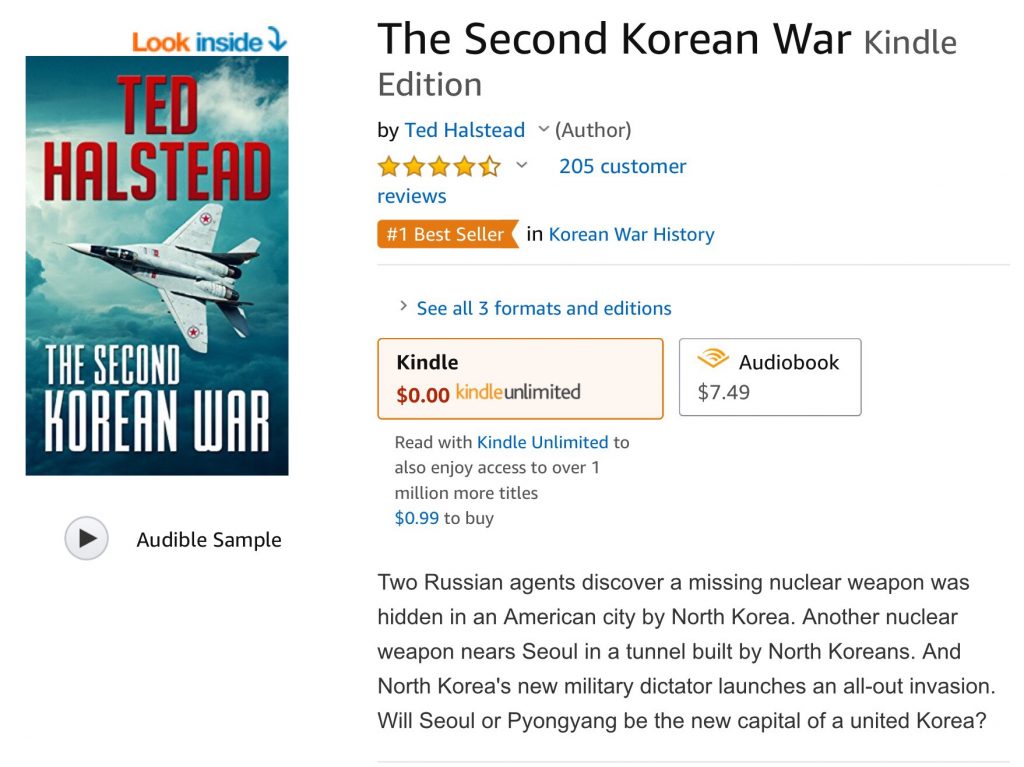
When did you know you wanted to be an author?
I thought about writing novels for years. However, until I retired I simply didn’t have the time.
What genres do you like to read? Are these the same genres you write in?
When I had time to read, for example on a long flight, I enjoyed reading either history or thrillers. So, I suppose it’s no surprise I ended up writing thrillers.
Is your book for adults, young adults or children?
My books are written for adults, but there’s nothing to prevent young adults from reading them, and I’ve had positive feedback from several young adults I know. My books have no erotic content, and though there is certainly violence, there is no gratuitous gore. Many reviewers have compared my books to early works by Tom Clancy, especially Red Storm Rising, which I consider high praise.
What is your current release or project?
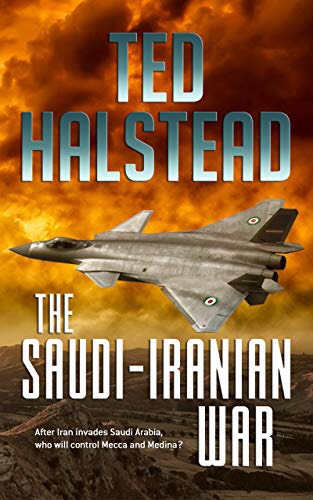
My latest book is The Saudi-Iranian War. It features the same two central characters as my first book, The Second Korean War. However, it is not strictly a sequel, since the two stories each stand alone. I dislike books that don’t really end and force you to buy another to conclude the story, unless that’s made clear at the outset (for example, the Lord of the Rings trilogy.)
Tell us about the key characters
The two key characters in The Second Korean War and The Saudi-Iranian War are both Russian. Anatoly Grishkov starts the first book as the lead homicide detective for the Vladivostok district, but events quickly force him into a counterintelligence role. Grishkov’s service in Chechnya, which precedes both books, left him with valuable combat experience but also bitter memories. His wife and two children are the center of his world, and protecting them is part of his motivation as a police officer.
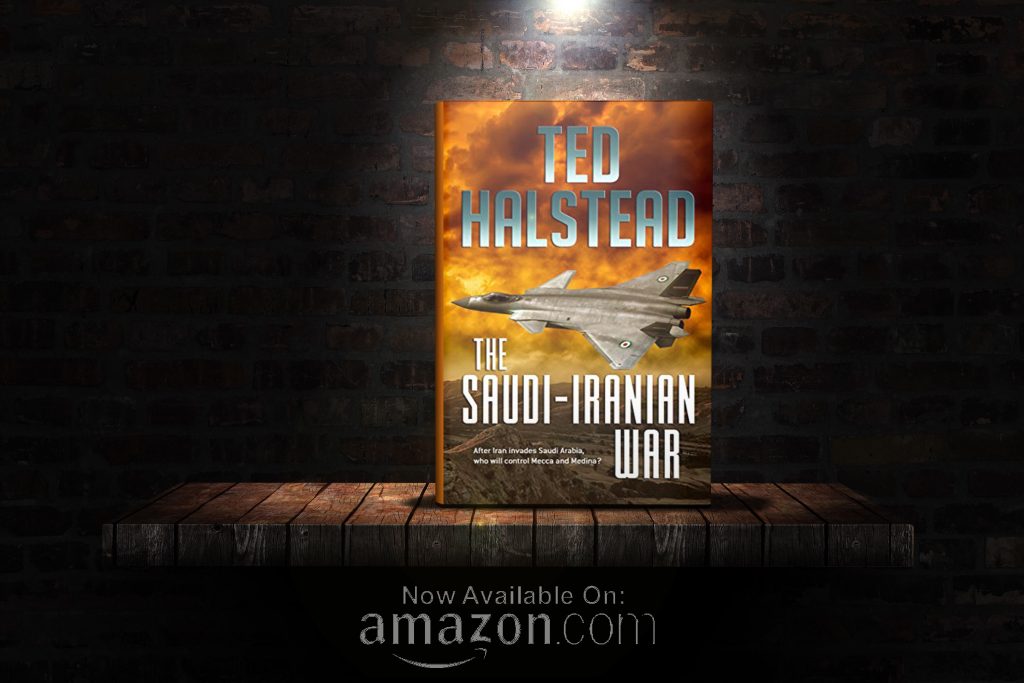
Alexei Vasilyev is an FSB officer Grishkov first encountered in Chechnya. A total loner, he doesn’t even have a dog to avoid any vulnerabilities that could be used against him. His missions have frequently taken him overseas, unlike Grishkov who had never left Russia before the events in the two books. Vasilyev is much older than Grishkov, and is near the end of his career. He is impressed by Grishkov’s combat instincts, especially when they save his life, but correctly believes Grishkov needs on the job training to be an effective counterintelligence agent. Vasilyev is happy to provide that training, because he genuinely likes and respects Grishkov, especially after Grishkov saves his life.
Neither Grishkov nor Vasilyev have any illusions about the Russian state they both serve. Both are still ready to die to protect it. Both will work hard to let their opponents die for their cause first.
What is your blurb or synopsis of the book?
I can’t really say more than the Amazon blurb without giving away the plot:
Iran’s Supreme Leader will use three nuclear weapons, VX and two armored forces driving on Riyadh to overthrow the Saudi monarchy. Can Russian agents, Saudi tanks and American technology stop him in time?
Share an excerpt
This dialogue is between Iran’s Acting Supreme Leader Reza and Bijan, the Iranian colonel charged with organizing part of the attack on Saudi Arabia:
Bijan paused, and then said, “We realized first that we could never fly a nuclear weapon directly from Iran to Riyadh. No matter how many fighters the Saudis divert to the war in Yemen, there will be more than enough left to respond to a flight originating in Iran that proceeds to overfly the Kingdom. In fact, the flight might be intercepted the moment it approaches Saudi airspace, since we know they monitor all air traffic crossing the Gulf, and fly regular patrols along the coast. Instead, we will fly the weapon into Bahrain Airport, where we have agents who can prevent its discovery by Bahraini officials.”
Reza nodded. This made sense. After all, Bahrain was just a short drive from the Saudi border.
Bijan continued, “We will have a Boeing CH-47 Chinook already at Bahrain Airport, ready to carry the weapon to its final destination. It will have a flight plan showing its destination as an oil field about twenty minutes flying time south of Riyadh. Since Chinooks are routinely used to deliver oilfield equipment and we have agents in place at Saudi Aramco, we will have no trouble with clearance.”
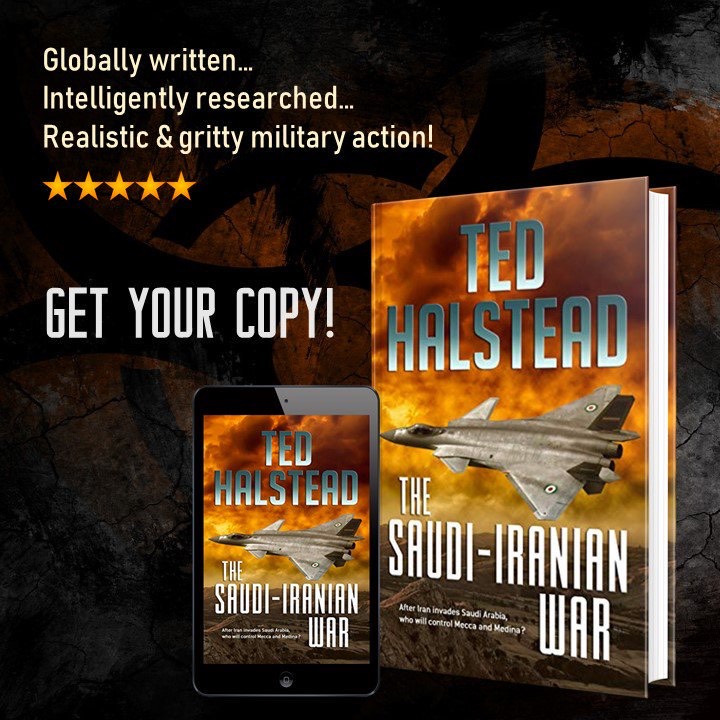
Reza scowled. “It will take the Saudis no more than a few minutes to set their fighters on this helicopter once it fails to land at the oilfield. Unless you want me to believe that the Saudis don’t have an air patrol over their capital, and the best radar coverage possible for many kilometers around it.”
Bijan nodded. “I agree that the Chinook will be detected and attacked before it reaches Riyadh, but I think it will take more than a few minutes. Flying low will make it difficult to detect, and a senior commander will have to authorize an attack on a previously cleared flight. Also, some attempt to communicate will be made before fighters are cleared to engage, and the pilot will claim navigation failure once contacted. We estimate ten or even fifteen minutes will be needed before the Chinook is actually under attack.”
Reza grunted sourly. “So, the helicopter will be shot down with Riyadh on the horizon. I think that will be scant consolation for its crew.”
Bijan laughed, and shook his head. “I would have never wasted your time if we had no plan for the Chinook’s survival. I’m sure you recall the pair of J-20 fighters I asked you to obtain for us from the Chinese last year.”
Now Reza’s scowl was back, and deeper than ever. “I was going to ask you about that. The Chinese demanded over a billion dollars worth of oil in barter for those planes, and more on top of that for the trainers and equipment you told me would be necessary to get them flying with our pilots. Plus a bribe for the Chinese officials authorizing the sale. Keeping them a secret has also been difficult and expensive. Yet so far we’ve made no use of…”
Reza’s voice trailed off as realization hit him. “These Chinese planes will protect the helicopter and the weapon it carries! Are we ready? Can these planes really succeed against the Saudis? Surely, they will have their best planes and pilots protecting the capital.”
Bijan nodded. “I think the J-20s can succeed. We only have to keep the Saudi fighters off the Chinook for ten minutes or so. The J-20s will be difficult to hit for the same reason I am confident they can make it across Saudi airspace without detection. They are fifth generation fighters that are nearly invisible to radar. Our radar has been unable to detect them until they are practically on top of us. The Saudis’ radar may be better, but I don’t think it’s that much better.”
Reza looked doubtful. “Don’t the Saudis have American made fighters? Aren’t they just as good as these Chinese planes?”
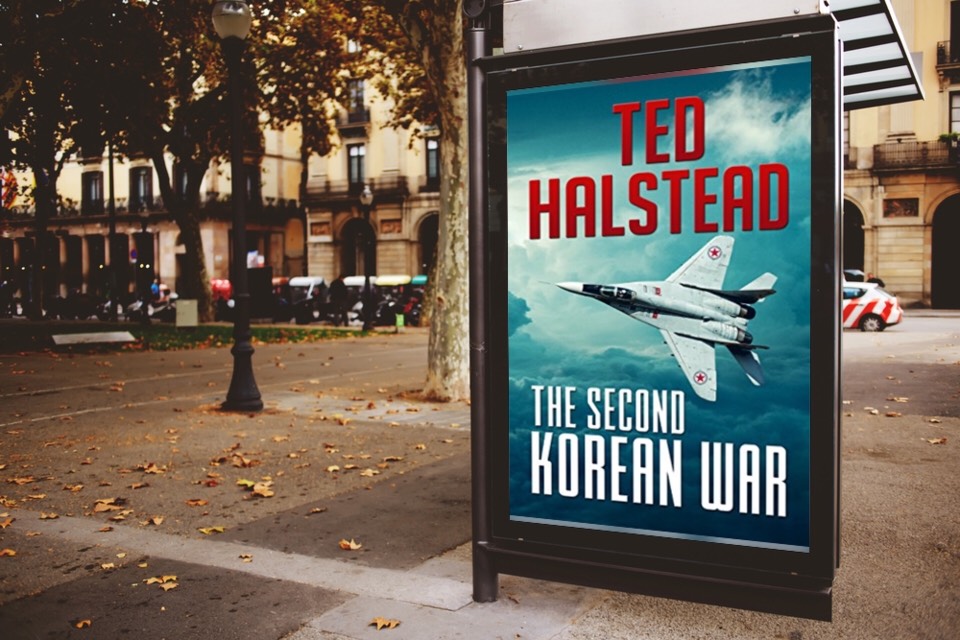
Bijan shook his head. “The Americans have fifth-generation fighters, including the F-22 and F-35. They have sold none to the Saudis. The fighters they do have such as the F-15 are capable, and they could get lucky. I must repeat-there is no way to guarantee success in such an operation. All we can do is prepare as well as we can, in the time we have available. Still, I believe we will succeed.”
Reza sat mute for several moments, and Bijan started to think that the operation would be canceled.
Then Reza nodded sharply. “Continue your preparations. I will let you know when whatever nuclear weapons we have are available.”
Do you have a favorite scene?
Yes, but describing it would give away a key point in the plot, and I hate spoilers!
What advice would you give a beginner?
As much as possible write based on your experience.
The Internet is a fabulous resource- never underestimate what you can find. For example – I wondered whether information about an American antipersonnel mine might be available online. When I searched I found a PowerPoint presentation prepared by a US Army Sergeant to train American troops in its use.
No excuses- write every day.
Don’t worry about perfection as you write. Rewriting and proofreading come later.
Social media links:
Twitter: https://twitter.com/TedHalstead18
Blog link: https://thesecondkoreanwar.wordpress.com
Amazon Author Page: https://www.amazon.com/Ted-Halstead/e/B07BBVRLQX
Purchasing links:
The Second Korean War, on Kindle Countdown for 99 cents through May 25:
The Saudi-Iranian War, 2.99 for Kindle version
Both books free on Kindle Unlimited


